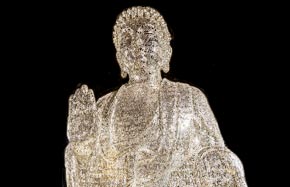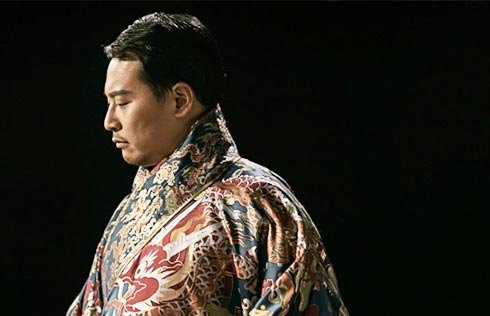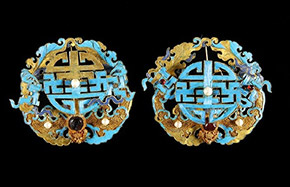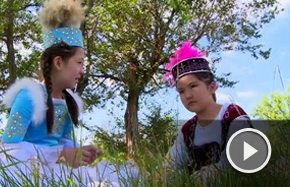Seeking lost libraries along the Silk Road
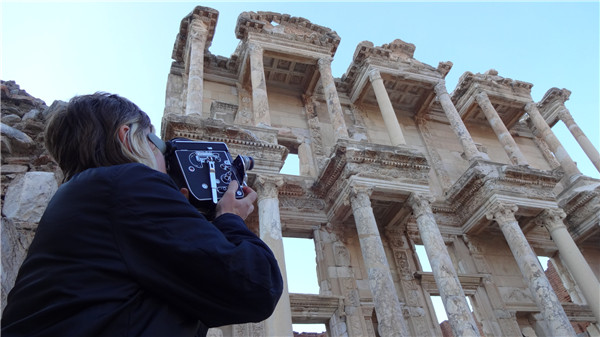 |
|
Abigail Reynolds plans a book incorporating images, texts and other documents originating from her experience, as well as moving-image works using her 16mm footage. [Photo provided to China Daily] |
A British artist embarked on a unique six-month journey by motorbike to visit sites in China, Uzbekistan, Turkey, Egypt, Italy and Iran. Bo Leung in London reports.
British artist Abigail Reynolds recently embarked on a six-month journey in search of lost libraries along the ancient Silk Road route, traveling by motorbike.
The artist, based in Cornwall, England, followed a route to trace and document 16 libraries lost to conflicts, natural catastrophes and war. It resulted in her visiting locations dating from 291 BC to 2011 in China, Uzbekistan, Turkey, Egypt, Italy and Iran.
"The journey itself was challenging and huge, encompassing three quarters of the globe, traversing multiple cultures, none familiar to me," she says. "The journey took me to the edges of my knowledge, just as the lost libraries took me to the edge of visuality."
She says she chose the Silk Road because it is a symbol of exchange among cultures.
"The Silk Road was open for the longest time and it was always a positive symbol of connection and communication," she says. "I knew that there would be libraries along that route because books were a precious commodity, along with silk, gold, medicines and all the other things that empires desire."
Reynolds loved the idea of following the same path taken by well-known figures before her.
"There were some very well known, celebrated libraries that were lost and found along the Silk Road and I enjoyed the idea that I would be following a meaningful line and making a journey that many people had made before me such as Marco Polo and Muhammad Ibn Battuta."






